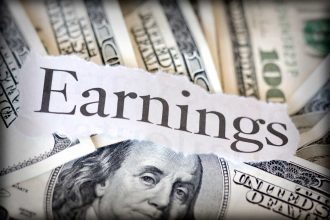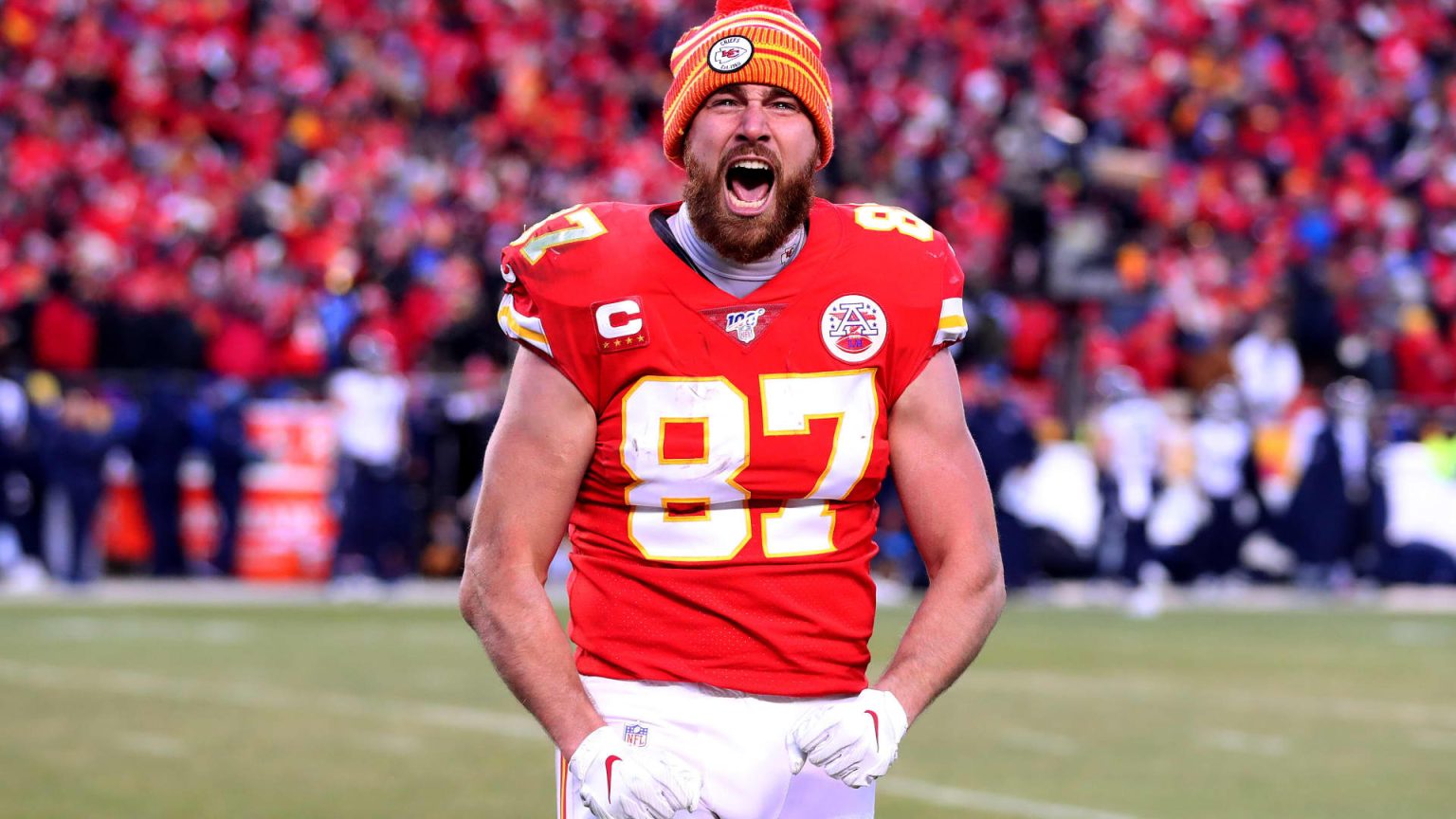Sometimes even National Football League stars prioritize happiness over money.
Record-setting tight end Travis Kelce, for example, could make significantly more money by leaving the Kansas City Chiefs, he told Vanity Fair on Wednesday. But he’d rather be “underpaid,” because he loves his team.
“The free market looks like fun until you go somewhere and you don’t win,” Kelce said. “I love winning. I love the situation I’m in.”
Kelce’s average base salary is currently $14.3 million. This year, he’ll make $11.25 million, the 51st-highest salary in the NFL. But his managers and agents regularly tell him that he’s “underpaid,” he said.
His former Kansas City teammate Tyreek Hill, for example, signed a contract with the Miami Dolphins last year with an average base salary of $30 million, plus a $25.5 million signing bonus.
“That really goes to show how valuable I am to them as opposed to how valuable I could be to Miami,” Hill told CBS Sports last year.
Kelce’s approach arguably helps his team win: Kansas City emerged victorious in February’s Super Bowl, and made it to the big game in 2021 and 2020. As of Wednesday, the team has least available salary cap room in NFL, according to the National Football League Players Association.
“You see how much more money you could be making and, yeah, it hits you in the gut a little bit. It makes you think you’re being taken advantage of,” Kelce said, adding: “But I know I enjoy coming to that building every single day.”
Typically, the more money you make, the happier you’re likely to be — unless you make more than $500,000 per year, which is when the correlation starts to plateau, University of Pennsylvania researchers found in 2021.
And recently, enjoying your job has become more of a priority than a higher paycheck for many Americans. Most U.S. workers wouldn’t give up their work-life balance for anything under a $10,000 pay increase, according to a 2020 survey by career site Joblist.
Kelce’s potential pay raise would probably be a lot more than $10,000 per year — but he’s seemingly not budging.
“Among the workers who currently enjoy a balanced lifestyle, they’d be hard-pressed to give it up,” Corie Colliton, career site Joblist’s lead researcher at the time, told CNBC Make It in 2020. “This indicates how important flexibility is to professionals who have had the chance to see how it impacts their day-to-day.”
DON’T MISS: Want to be smarter and more successful with your money, work & life? Sign up for our new newsletter!
Get CNBC’s free Warren Buffett Guide to Investing, which distills the billionaire’s No. 1 best piece of advice for regular investors, do’s and don’ts, and three key investing principles into a clear and simple guidebook.
Check out: Chiefs coach Andy Reid uses 1 simple tactic to build trust with his players—and anyone can do it
Read the full article here




